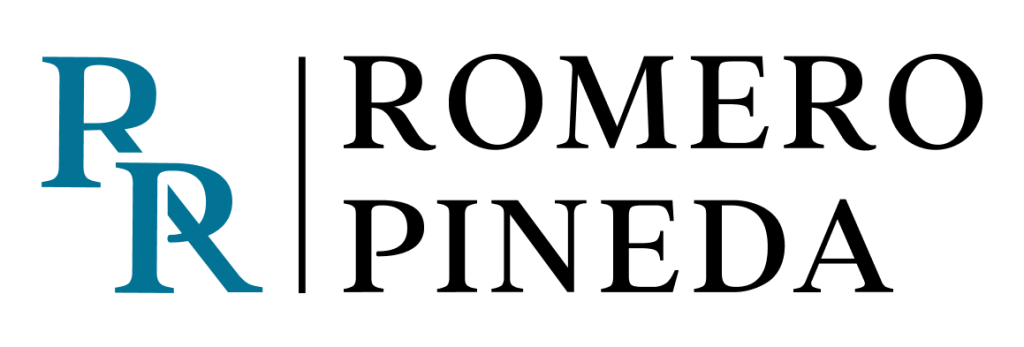El Salvador passes new Intellectual Property Law
Written by: Elsy Elena Durán, partner and manager for the Intellectual Property department

On August 15, 2024, Legislative Decree No. 66, containing the new "Intellectual Property Law," was published in Official Gazette No. 153, Volume 444. “Ley de Propiedad IntelectualThis law will take effect six months after its publication.
The purpose of this law is to protect Intellectual Property rights, industrial privileges, and more, with the aim of promoting the country’s economic growth.
Key highlights of the law include:
The creation of the Salvadoran Institute of Intellectual Property (ISPI)as a branch of the National Registration Center. This entity will be responsible for administering, supervising, and controlling Intellectual Property. In matters of collective management, it may serve as a mediator in Intellectual Property disputes.
The implementation of the Intellectual Property Bulletin, which will be managed by ISPI in electronic format.
In terms of formalities for assignment contracts or licenses for the use of copyright and other rights, the validity of electronic documents with certified electronic signatures and any other mechanism that guarantees the parties' intent is incorporated, in addition to public deeds or authenticated private documents.
Distinctive signs generally maintain their processing procedures and criteria, and the definition of non-traditional trademarks is expanded to explicitly include flavor, relief, and texture marks. Expressions and advertising signals, trade names, and emblems, currently with indefinite protection, must be renewed every ten years.Expressions and advertising signals will remain linked to the validity of the trademark or trade name they reference.
The prohibition of registering distinctive signs that reproduce or imitate a domain name without authorization is incorporated, but this will only apply to addresses using the Hypertext Transfer Protocol. In protecting Intellectual Property in digital environments, cybersquatting of a distinctive sign, a work, or other rights is prohibited. Other intellectual property privileges incorporate definitions of layout designs and integrated circuits.
Brand cancellation due to genericization is contemplated; cancelación por generalización de marcaunder certain conditions, a request may be made to cancel a trademark that has become the generic name for one or more products or services for which it was registered.
The "Bolar Exception" has been adoptedfor patents, limiting the right of holders to prevent the importation of the patented invention; patented information may be used to apply for sanitary registration, but this will only be granted after the patent expires.
The protection period for industrial designs is extended to 15 years.
The Rehabilitation of patents, utility models, and industrial designs lapsed due to non-payment of annuities is incorporated, granting a six-month grace period for their reinstatement.
Sectors such as culture and arts, education and research, as well as small and medium-sized enterprises (SMEs) and other sectors, are granted benefits of up to a 50% reduction in fees..
The payment of fees for formal education institutions is also waived, and this benefit will even take effect from August 31, 2024.
With this new legal framework for Intellectual Property and innovation, El Salvador aspires to become a leader in inventive activity, technology transfer, and creative development in the region.

